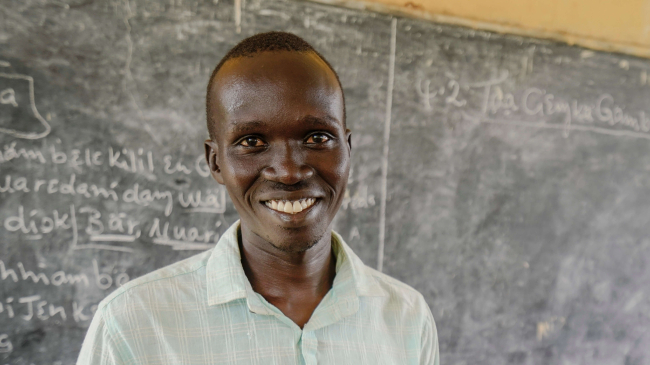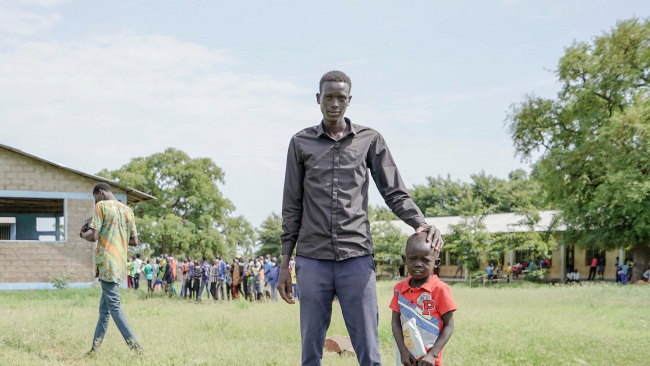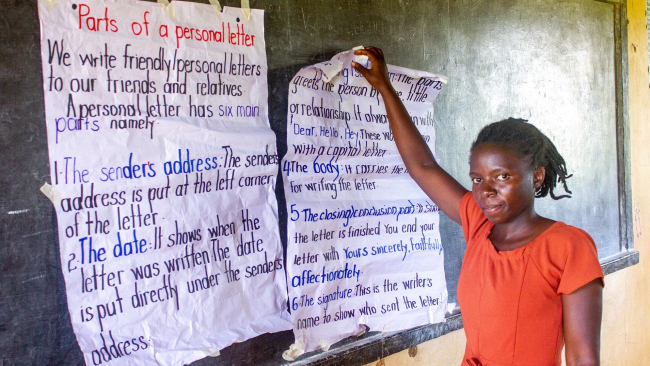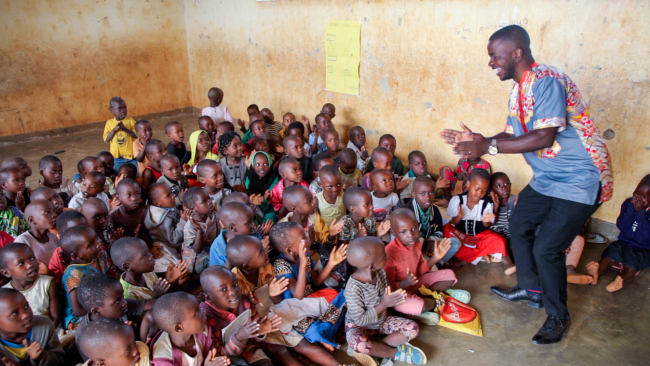This paper identifies the impact of childcare responsibilities on adult labor supply in the context of COVID-19-related school closures in Kenya. It compares changes in parents’ labor participation after schools partly reopened in October 2020 for households with children in a grade eligible to return against households with children in adjacent grades. Using nationally-representative panel data from World Bank phone surveys in 2020–21, the findings show that the partial reopening increases affected adults’ weekly labor hours by 22 percent, with increases concentrated in household agriculture. The results suggest that school closures account for over 30 percent of the fall in average work hours in the first few months after COVID-19 cases were detected. The effects are driven by changes in household childcare burdens and child agricultural labor when a student returns to school. The impacts are not significantly different by sex of the adult. Although both women and men increased hours spent on childcare during the pandemic, women benefited more than men from reductions in childcare needs, but took on more of the childcare burden when the returning student was a net childcare provider. The results highlight the importance of siblings in household childcare and suggest that policies that increase childcare availability and affordability could increase adult labor supply in Kenya.
Year
2022
Pages
35
Series
Policy Research Working Paper, WPS9958
Themes
Countries
Resource Types
Languages





